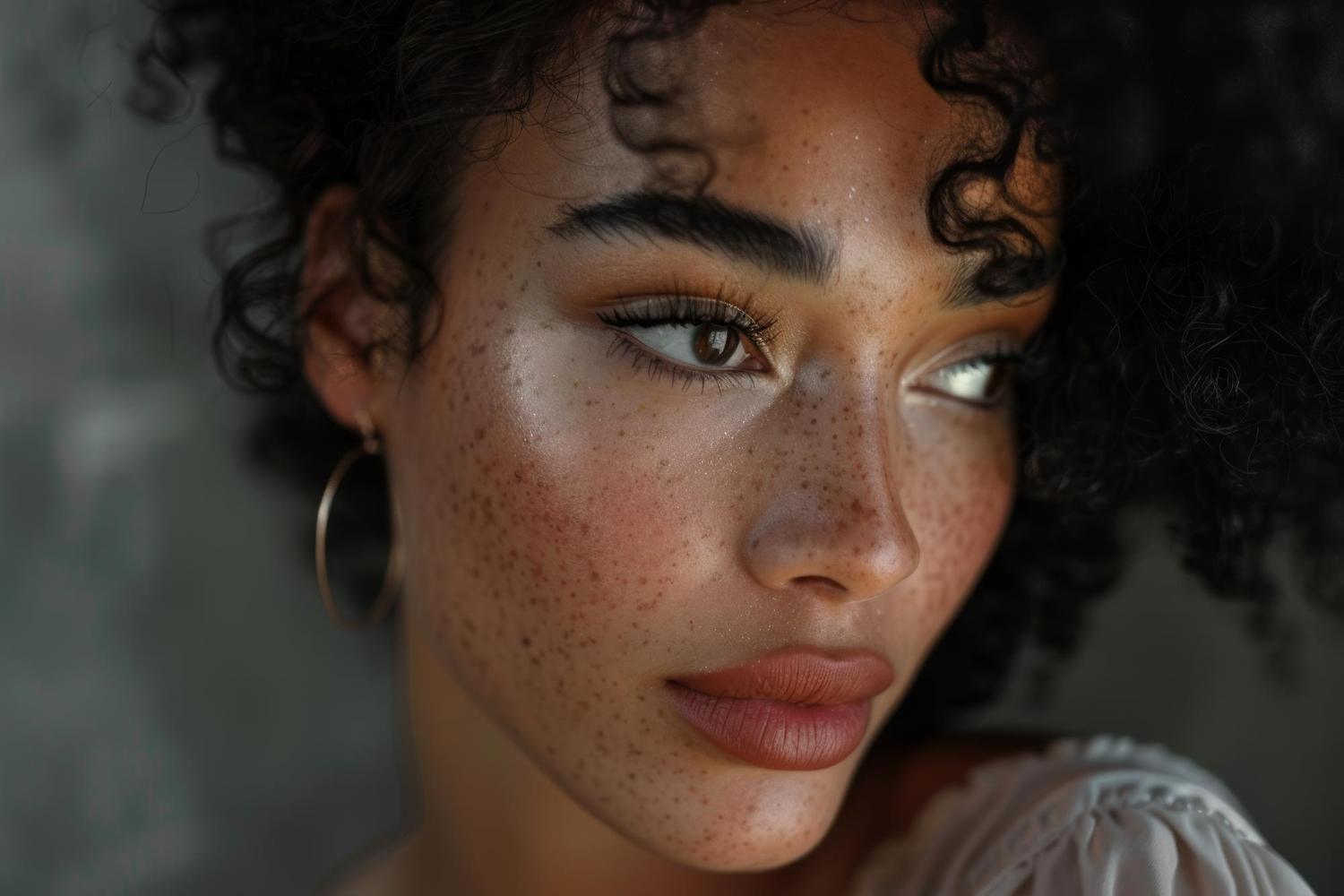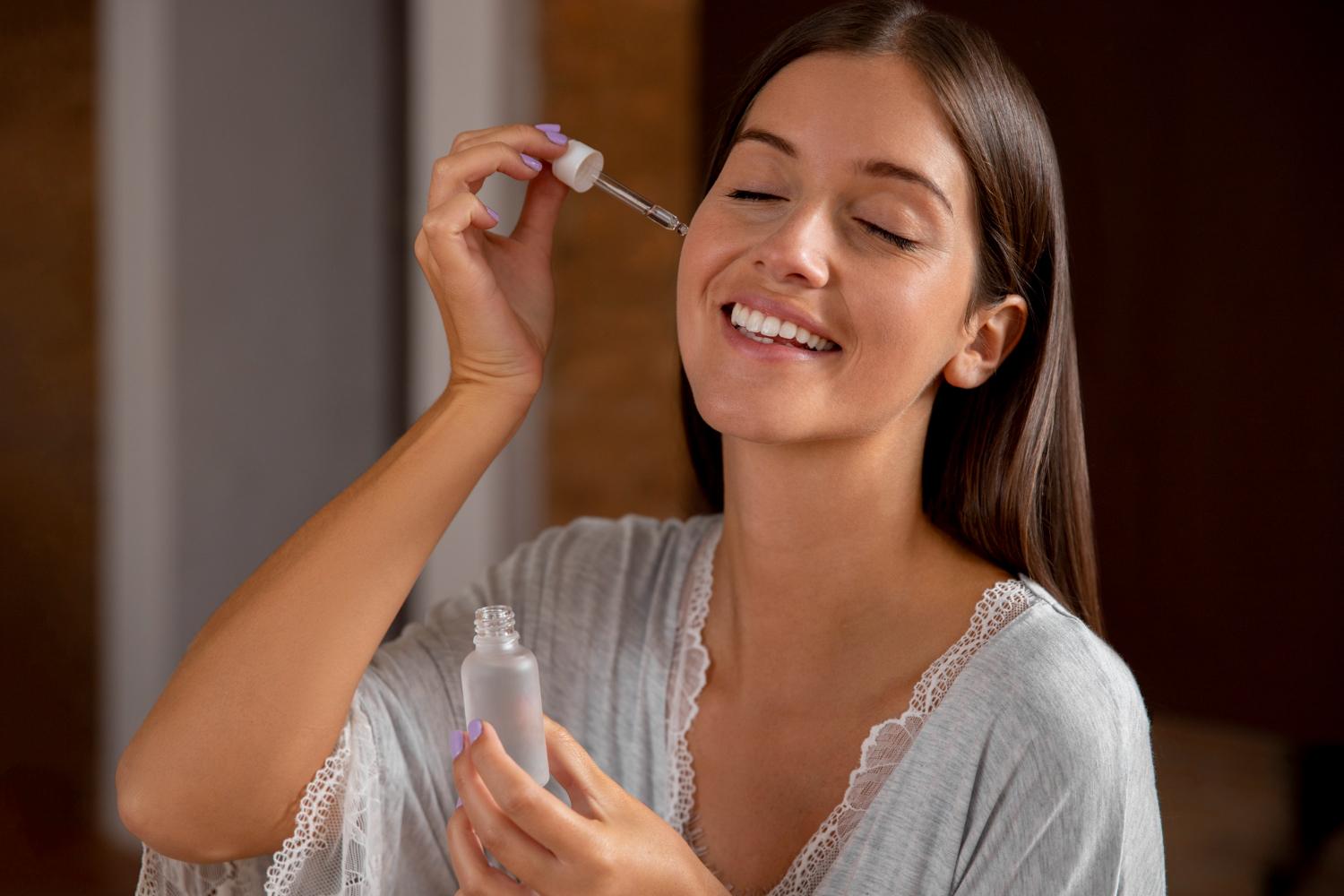Hair loss can be frustrating and stressful, especially when it feels like nothing helps.
But the good news? There are practical steps you can take to support your hair and reduce the chances of losing more of it.
Small changes in daily routines, from caring for your scalp to picking the right products, can actually make a real difference.
Understanding what affects hair health can empower you to make better choices that keep your hair looking strong and healthy.
While there’s no single magic solution, following some key habits can help protect your hair and encourage growth.
These tips don’t require fancy products or expensive treatments—just some adjustments that are easy to add to your routine.
1. Take a Look at Your Diet
What you eat can have a huge impact on your hair. Hair needs nutrients like protein, iron, and vitamins (especially B vitamins) to stay strong and grow properly.
Try to include foods rich in these nutrients in your daily diet. Things like eggs, nuts, leafy greens, and lean meats are all packed with the vitamins and minerals your hair loves.
Keeping up with these foods can help strengthen hair follicles, which can prevent hair from falling out too easily.
Beyond specific foods, staying hydrated is also key. Drinking enough water keeps your scalp and hair healthy, giving it the moisture it needs to stay resilient.
On the other hand, avoid crash diets or low-protein diets, as they can weaken hair and make it more likely to shed.
Eating a balanced diet with a variety of nutrients gives your hair a much better chance of staying put.
2. Manage Your Stress Levels

Stress does more than just mess with your mood—it can actually lead to hair loss.
When stress levels get high, the body can produce hormones that make hair follicles weak, causing hair to fall out faster than it should.
Finding ways to handle stress can help stop this cycle and give your hair a fighting chance to stay healthy.
Regular exercise, meditation, or just taking some time each day to relax can all be great options for managing stress.
Don’t be afraid to try out different stress-relief techniques to see what works best.
Even something as simple as taking a few deep breaths during the day can make a difference.
Remember, keeping stress in check isn’t just good for your hair; it’s good for your overall health too.
3. Be Gentle With Your Hair
The way you treat your hair matters, especially if it’s starting to thin.
Tugging, brushing too harshly, or using lots of heat can make hair break and weaken over time.
When drying your hair, try to pat it gently with a towel rather than rubbing it. If you often use hot tools like straighteners or curling irons, consider using them less often or with a heat-protectant spray.
Choosing the right products also makes a difference. Go for gentle, sulfate-free shampoos and conditioners that won’t strip your hair of its natural oils.
Also, try to avoid hairstyles that pull tightly on the scalp, like ponytails or buns.
Keeping your hair routine gentle can go a long way in preserving your hair’s strength and thickness.
4. Check In With a Professional
If hair loss is starting to become noticeable or bothersome, it might be time to check in with a dermatologist.
Hair loss can sometimes be a sign of a larger issue, like a vitamin deficiency, hormonal imbalance, or an underlying health condition.
A dermatologist can help pinpoint the cause and recommend treatments or supplements that might help.
In some cases, they may suggest medications or topical treatments that can strengthen hair and promote growth.
Visiting a professional can also ease any worries by helping you understand what’s normal and what’s treatable. It’s a chance to get advice tailored to your specific situation, so you can take action with confidence.
5. Get Enough Sleep

Quality sleep benefits the whole body, including your hair.
During sleep, the body repairs and restores itself, and that includes hair cells. Try to aim for 7-8 hours of rest each night.
Lack of sleep can lead to increased stress hormones, which often trigger hair thinning or loss. Getting enough rest supports balanced hormones, which is essential for healthy hair growth.
Creating a relaxing bedtime routine may help improve sleep quality. Avoid screens an hour before bed, keep the room cool, and consider using calming activities like reading or listening to soothing music.
Consistent, restful sleep helps more than just your hair—it can make you feel better all around.
6. Massage Your Scalp
Massaging the scalp might sound too simple to make a difference, but it can actually be quite effective.
Massaging increases blood flow to the scalp, which helps bring more nutrients to hair follicles.
Gently using your fingers to massage the scalp for a few minutes each day can boost circulation, which can strengthen hair roots.
Try massaging your scalp with natural oils like coconut oil or jojoba oil once or twice a week. These oils help hydrate the scalp and make the hair less likely to break.
Plus, a scalp massage can feel super relaxing, almost like giving yourself a mini spa treatment at home. Just make sure to be gentle and avoid too much pulling or tugging.
Related Articles
7 Great Home Remedies For Dry And Frizzy Hair
How to Get Salon-Quality Hair at Home Without the Price Tag
13 Practical Tips for Healthy Hair Growth
7. Avoid Smoking and Excess Alcohol

Smoking and drinking in excess can both impact hair health.
Smoking restricts blood flow to the scalp, reducing the oxygen and nutrients that reach hair follicles.
Similarly, too much alcohol can dehydrate the body, which can lead to weaker, brittle hair over time. Reducing these habits not only helps your hair but also boosts overall health.
Consider replacing these habits with healthier alternatives that support your well-being, like drinking herbal teas, exercising, or spending time with friends.
Small changes can lead to big benefits. Healthier lifestyle choices keep hair stronger and more resilient to loss.
8. Use Products Meant for Your Hair Type
Choosing the right hair products isn’t just about finding a good scent—it’s about picking products that match your hair’s unique needs.
Different hair types benefit from different ingredients, so pay attention to what’s in your shampoo, conditioner, and styling products.
For example, those with oily hair may prefer lightweight, balancing products, while dry hair can benefit from richer, moisturizing formulas.
Stick to products free from harsh chemicals like sulfates, parabens, and alcohol, as they can strip hair of natural oils and make it more prone to breakage.
Spending a little time researching hair-care products that suit your hair type can make a noticeable difference in keeping hair healthy and less likely to thin or fall out.
9. Limit Sun Exposure

Too much direct sunlight can damage hair, making it dry, brittle, and more likely to break.
UV rays not only harm the skin but can also weaken hair cuticles, leaving hair vulnerable to thinning.
Wearing a hat or using a leave-in conditioner with UV protection helps shield hair from these harmful rays, especially during summer or sunny vacations.
Keeping hair protected from excessive sun exposure is an easy habit to build. Even simple actions, like choosing to sit in the shade or tying hair up on hot days, can prevent sun damage.
Protecting your hair from the sun can make a noticeable difference over time, keeping it stronger and healthier.
10. Avoid Tight Hairstyles
Styles that pull tightly on the hair, such as high ponytails, braids, or buns, can put stress on hair follicles and lead to a type of hair loss called traction alopecia.
Over time, repeated pulling can cause permanent damage, especially if tight styles are part of a daily routine. Letting hair down often or choosing looser hairstyles helps take the pressure off the scalp.
Mixing up hairstyles and avoiding elastic bands that pull too tightly are small changes that can make a big impact.
Opt for softer hair ties or scrunchies that don’t tug. Giving your hair a break from tight styles gives it a chance to breathe and grow without constant strain.




